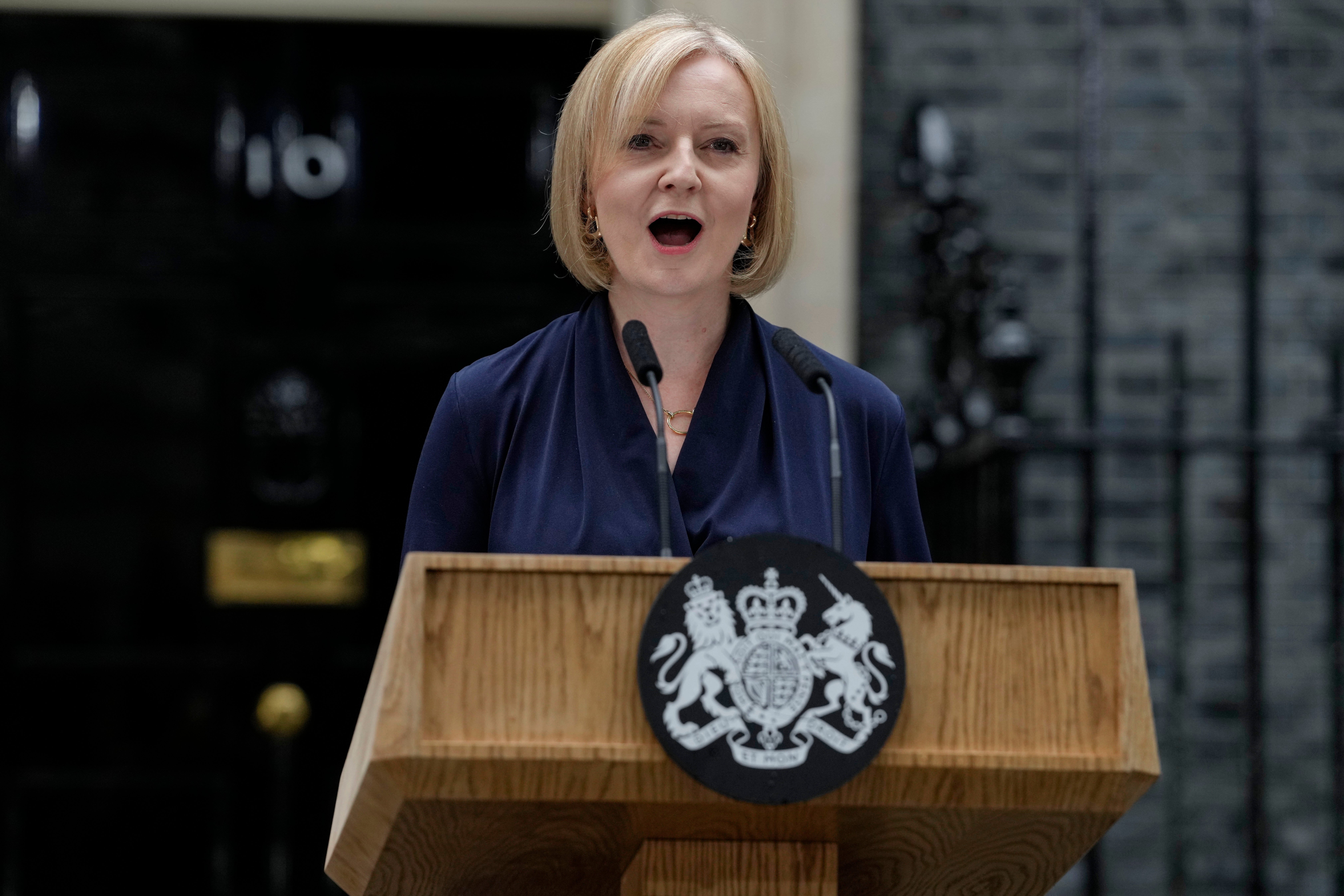The rapid crash of this Liz Truss government is without precedent
It feels like the last days of Gordon Brown in 2010, says Sean O’Grady


It is rare, if not unprecedented, for a prime minister to come to power and crash quite as rapidly as Liz Truss.
When the late Queen asked her to form an administration in her name a little over three weeks ago, Truss just about had time to announce her energy price guarantee before the period of mourning halted all political activity. Now the mourning period has ceased, and the mini-Budget has been presented to mixed reviews, her “honeymoon” is well and truly over.
This has been the shortest such honeymoon in history. Most premiers and their governments manage to get through at least a few months with the benefit of some goodwill and novelty before things go sour. In a few cases, such as Tony Blair’s remarkable run from 1997 to 2000, the “honeymoon” can last rather longer.
The closest to the current debacle, outside of wartime transitions when the nation faced defeat by Germany, was when Theresa May had to take over from David Cameron in the appalling aftermath of the Brexit referendum in 2016 and a chaotic Tory leadership contest that saw Michael Gove and Boris Johnson opt for mutual destruction. For some months May strode like a colossus over the landscape, with leads over Labour of more than 20 per cent. All that evaporated in her disastrous “Maybot” early election in 2017. She never recovered.
Liz Truss, to borrow the unfortunate phrasing of one of her campaign memes, “hit the ground” on day one, but hasn’t done much running since. Contrary to expectations, there has been little or no post-Boris Johnson bounce, unusual for a fresh face. Indeed, Truss’s poll ratings seem set to be as dire as Johnson’s, which adds to the nascent feelings of buyer’s remorse among some Tory MPs and members.
A “media narrative” has kicked in. A series of unforced errors, principally by her chancellor and close ally, Kwasi Kwarteng, has already led to an association with calamity. It is rather like the final days of Gordon Brown in 2010, when everything he touched seemed to turn to dust.
Truss apparently went into hiding after the mini-Budget, to the frustration of the national media, thus the usually uneventful annual round of regional and local radio interviews prior to the Conservative conference suddenly assumed an unprecedented order of magnitude. Her wooden performances were given an even more repetitive aspect because she repeated the same sound bites to every journalist no matter what they asked about. Most damagingly, she refused to acknowledge the aftermath of the mini-Budget, not even deigning to blame the IMF or Keir Starmer as some of her supporters have.
And so Truss and Kwarteng face a nightmarish party conference. Days into their jobs and there is wild talk of them being forced out. There is a mass boycott of the event by disaffected MPs. In the back benches there are the dispossessed and the never possessed, nursing personal as well as political grievances. Neither has a strong case to make, and the markets may yet derail their conference again, if investors have to wait too long for some evidence that the pair have a plan. Things can always get worse.



Join our commenting forum
Join thought-provoking conversations, follow other Independent readers and see their replies
Comments